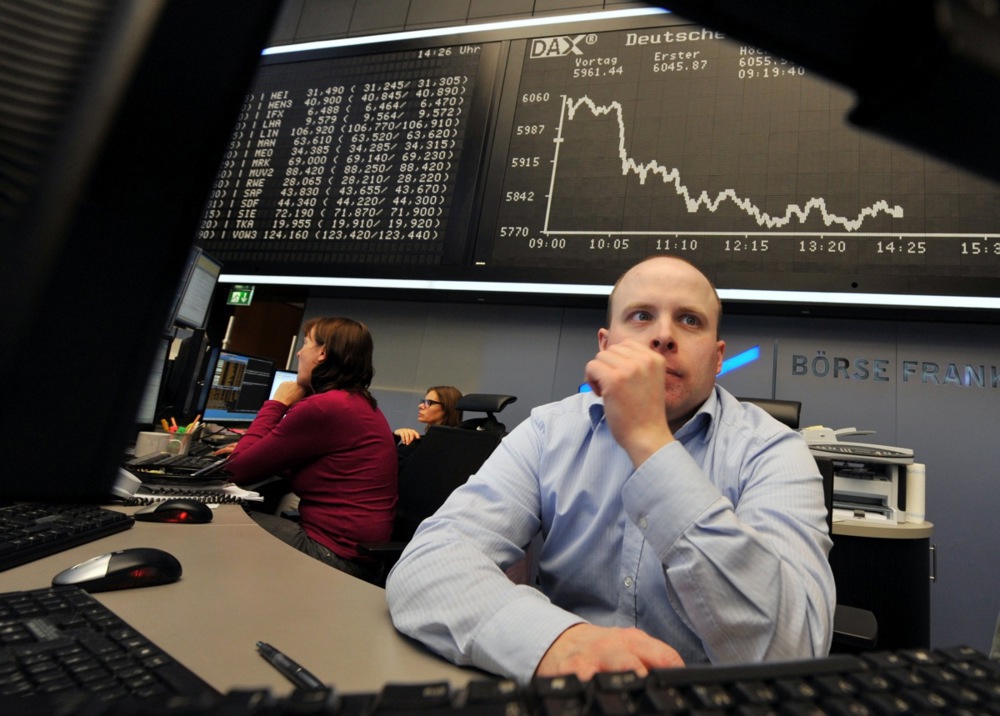Germany’s economy has continued its downward spiral as official figures from the Federal Employment Agency (BA) have revealed almost three million people were unemployed in January 2025.
According to the BA report published on January 31, the number of jobless surged by 186,000 from December to reach 2,993,000.
Compared to the same period in January 2024, the figure rose by 187,000, signalling a deepening crisis in Europe’s largest economy.
The broader measure of so-called underemployment, which included those in labour market schemes and short-term incapacity to work, also increased by 6,000 in January alone, reaching 3,714,000. That was 107,000 higher than a year ago.
Job vacancies have also been disappearing rapidly.
Employment growth is losing more and more momentum
This January, just 632,000 job openings were reported to the agency, a sharp drop of 66,000 from the previous year.
Meanwhile, the BA job index, a key indicator of labour demand, held steady at 106 points but remained nine points lower than in January 2024, likely reflecting waning business confidence.
Federal Employment Agency chair Andrea Nahles said: “At the beginning of the year, unemployment and underemployment increased significantly, as is usual in this month. Employment growth is losing more and more momentum.”
Germany is reportedly about to downgrade its economic forecast for 2024, with authorities now hoping to register zero growth this year. https://t.co/0mUqPvkvCc
— Brussels Signal (@brusselssignal) October 1, 2024
Researchers have said they believed Germany had entered its longest economic slump since the Second World War.
The country’s continuing economic downturn has hit industry hard, with widespread job losses across key sectors.
Germany’s economic woes have now extended into a second consecutive year of contraction, reinforcing fears among many that the once-mighty industrial powerhouse was losing steam.
The Federal Statistics Office confirmed on January 15 that the economy had shrunk by 0.2 per cent in 2024, in line with economists’ gloomy predictions.
“The combination of cyclical and structural burdens prevented stronger economic growth in 2024,” Ruth Brand, president of the statistics office, said.
Analysts have also been sounding the alarm over Germany’s apparent overreliance on foreign markets.
Speaking to Brussels Signal recently, Wolfgang Münchau highlighted what he called the country’s dangerous dependency on exports to the US and China, stating Russia was no longer viable in the current volatile geopolitical world order.
“Germany’s industrial economy is built on export surpluses, which creates an imbalance. This dependence leaves Germany vulnerable,” Münchau warned.





